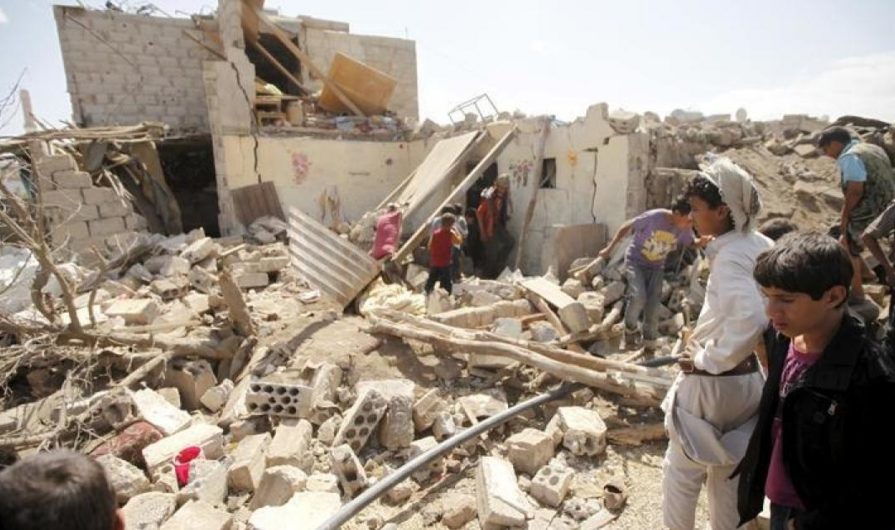If you had the chance to tune in to one of the mainstream news channels over the past couple of weeks you will have noticed a lot of news pundits talking tough about Syria. The stories and images coming out of Aleppo would make anyone want to intervene to stop the suffering. Who can stand seeing women and children being pulled from the rubble of an apartment building? But we know that in the real world intervening in such conflicts can oftentimes make matters worse.
Arming and supporting the various militia groups within Syria was thought by some to be an effective way of ousting Bashar Assad without putting American boots on the ground. All that has done though is prolong the suffering of the Syrian people by creating a situation where both sides can do no better than play for a tie.
You know your originally well-intentioned idea of toppling a government gets more complicated and morally fuzzy when some of the militias you are supporting are affiliated with ISIS and Al Qaeda. This becomes so uncomfortable that you omit any references to these groups when discussing the necessity of removing Assad from power. Rather than referring to them as terrorist groups, you water their descriptions down to “moderate militias.” This makes the argument much more palatable to an audience who still remembers the group who brought terror to our shores on 9/11.
So the Syrian crisis goes on, for over five years now, with no end in sight. And while anyone with half a conscience would want to see this conflict end, there is, unfortunately, little that can be done. No fly zones and threats of sending in American troops would only escalate the conflict and threaten a much wider war.
Like many other places in the world, attempting to ouster a dictator, while well-intentioned, usually results in bloody chaos. Iraq, Libya, Yemen, and Syria are prime lessons for those who wish to continue their reckless strategy of playing the role of the world’s policeman. Order, no matter how imperfect it is, can sometimes be preferable to chaos.
While the news pundits and politicians like McCain and Graham beat their chests and call for more action and intervention in Syria, they seem completely oblivious to what is occurring in Yemen. Here is a country now in shambles after being bombed mercilessly by Saudi Arabia since after the Houthis took control of the government in 2015. The bombing campaign by Saudi Arabia even includes the use of British-made cluster bombs.
This has, of course, produced a humanitarian crisis for the civilians of Yemen, but the U.S. continues to provide logistical and intelligence support to Saudi Arabia for these aerial bombardments. How could someone who expresses concern and sympathy for those suffering in Syria, not express the same concern over those suffering in Yemen?
And, unlike Syria where there are no easy mechanisms available to stop the bloodshed, much of the suffering in Yemen can be stopped simply by withdrawing our support for the Saudi aerial bombings. Yet, this obvious tool to stop the suffering is not being utilized or even considered.
How strange it is for someone to shed tears of sympathy for the suffering taking place in one country, yet remain completely unmoved by the same level of suffering in another country. Why does the bloodshed in one part of the world evoke the necessity to call for additional intervention, while the suffering taking place in another country not too far away is simply ignored?
If one were cynical, one might think that the difference in reaction is due simply to which side we support.







